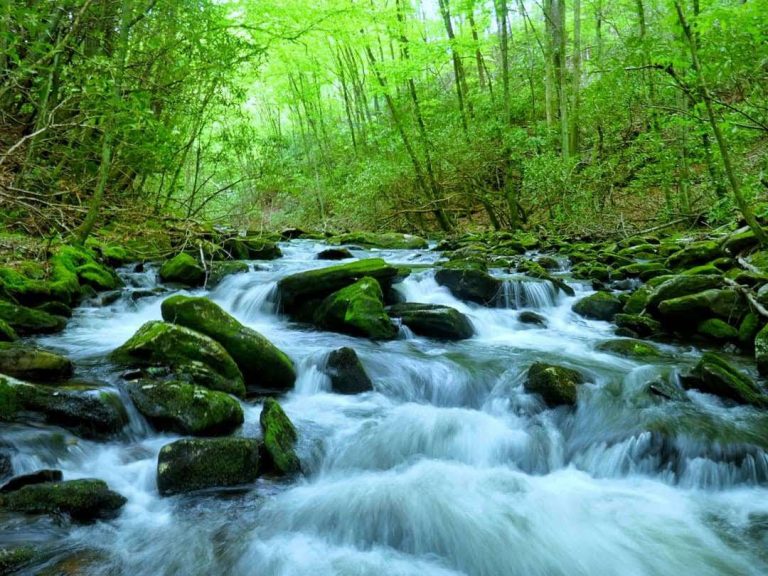One noticeable feature of North Georgia is that we have a lot of hills, and we receive a lot of rain. Unfortunately, the combination of hills and rain may give rise to disputes between neighbors, particularly if new construction disrupts or alters the historical flow of stormwater onto a downhill property.
The dual presence of hills and rain is also reflected in Georgia’s general stormwater law. The Supreme Court of Georgia stated “In surface water run-off disputes where two lots adjoin, the lower lot owes a servitude to the higher, so far as to receive the water which naturally runs from it, provided the owner of the latter has done no act to increase such flow by artificial means.” Green v. Eastland Homes, Inc., 284 Ga. App. 643, 645, 644 S.E.2d 479, 481 (2007). This legal principle means a downhill property must accept stormwater from the uphill property, as it has an obligation or “servitude” to do so. As a result, one cannot construct a fence or wall at the boundary line which dams up stormwater to prevent it from flowing downhill.
On the other hand, this principle also means that an uphill property owner cannot do anything to increase the volume or concentration of stormwater onto the downhill property. Occasionally, we see this issue arise when an uphill property owner constructs a drainage system which collects stormwater into a pipe which then discharges at the boundary line and onto the downhill property. This concentrates a large amount of stormwater onto a small area of the downhill property, giving rise to a risk for flooding or erosion in that area. In this case, the downhill property owner may have a cause of action against the uphill property owner for trespass or nuisance due to the increased concentration of water.
Obviously, this is only a general principle, and its application in a specific situation can be unclear. Virtually any construction of improvements and structures will cause a deviation from the way stormwater “naturally runs” onto a downhill property. Often, there is a question of whether stormwater runoff has measurably increased in quantity or concentration, and sometimes this question can only be answered by an engineer or other specialist.
For Georgia property owners, the best thing to remember is that virtually any change you make to your property can have an impact on the property owner downhill from you. It is prudent to make sure that your actions do not result in large concentrations of stormwater which risk flooding or erosion. Instead, make sure that stormwater is disbursed or spread out in some fashion to reduce the risk of harm. For downhill owners, particularly those downhill from new development or construction, it is a good idea to document the condition of areas which receive stormwater before and after construction with photos – particularly during heavy rainfall events. These provide tangible evidence of the impact of the uphill owner’s actions on the stormwater on your property.
Dealing with rain and hills are realities for property owners in Georgia. Consequently, Georgia’s stormwater law provides rights and responsibilities for both uphill and downhill property owners. If you are dealing with a stormwater situation on your property, or you are concerned about an issue arising due to nearby new construction or development, contact the real estate attorneys at Williams Teusink, LLC to discuss your rights and responsibilities regarding stormwater and your property.


